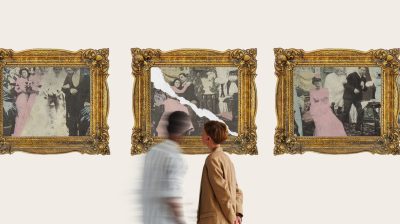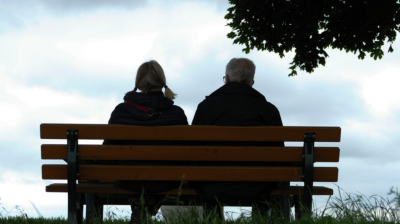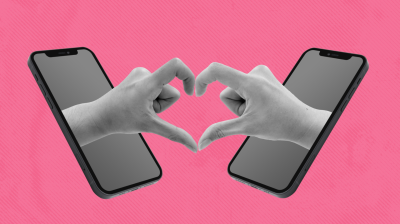My experience living with hearing loss
Unilateral Hearing Loss (UHL) or one-sided deafness is a type of hearing loss that only occurs in one ear. Find out more below.

Unilateral Hearing Loss (UHL) is a type of hearing loss that only occurs in one ear. It’s also known as one-sided deafness. For me, it is no hearing whatsoever in one of my ears. Describing my personal experience of it is difficult as I’ve never heard any other way. I can only sympathise with those who have to listen to things at full volume – it must get incredibly annoying. I would not know what to do if I woke up with fully working ears. I think it would be like the first Spiderman film where his senses are just in overdrive and he doesn’t know what to do. More likely I’d be telling everyone to quiet down.
Below is my personal experience of Unilateral Hearing Loss (UHL) and my understanding of what it is. I am no expert but I hope anyone else experiencing types of hearing loss might be able to relate to some of the things I’ll be mentioning, and perhaps it’ll give others an insight into what it can be like.
How hearing loss affects me
Mishearing people
It’s hard for me to tell the difference between hearing in one ear and being able to hear in both. Those who know me would know the number of times I mishear them or make them repeat themselves. I think I can look as if I’m not fluent in my own language with the number of miscommunications I have in conversation. I worry that I may seem rude if someone talks to me when they’re not in front of me, or if I turn my back on them if I don’t hear them talk to me.
Difficulty in crowds
It becomes more obvious in crowds. Many people with UHL find it difficult to separate background noise from things they want to focus on. I think this especially makes it harder for younger people as they socialise in crowded environments, work in crowded jobs like restaurants, and study in crowded environments like college or school. It has felt like the reason I often would go quiet in these situations. There is a little worry of putting people out by making them repeat themselves over and over as well as just getting tired after a while of all the effort you are putting in just to hear.
Knowing where a sound is coming from
That would probably be my bigger concern but there is also my inability to locate the sound. It’s not something I notice often, although if my phone rings in the house and I have no idea where it is, it gets interesting.
Face coverings
Nowadays, the crowd issue isn’t much of an issue – although at the moment I would rather be listening to a load of blurred sound in a lecture hall than just my laptop at home. However, Covid-19 has brought more challenges as facial coverings are not ideal for those of us who have to make extra effort to hear. This may not have much impact in Current Level 5, but once restrictions are lifted we may go back to working in places with face coverings or going to school as well as social distancing in order to continue the fight against Covid. Obviously, these practices are extremely important to maintain but they do come with different sets of challenges for different people
Hearing Loss can go unseen and unnoticed as it’s not a visible thing. Miscommunication due to hearing loss leads to misunderstanding. You may not know when someone is struggling to hear. Perhaps, some of the things I highlighted relate to you or someone you know. It may be something you have not had to think much about. For that reason, it may be even more important to try to be aware of the difficulties others have hearing you, and have patience when talking to someone who is struggling to hear or understand you.






